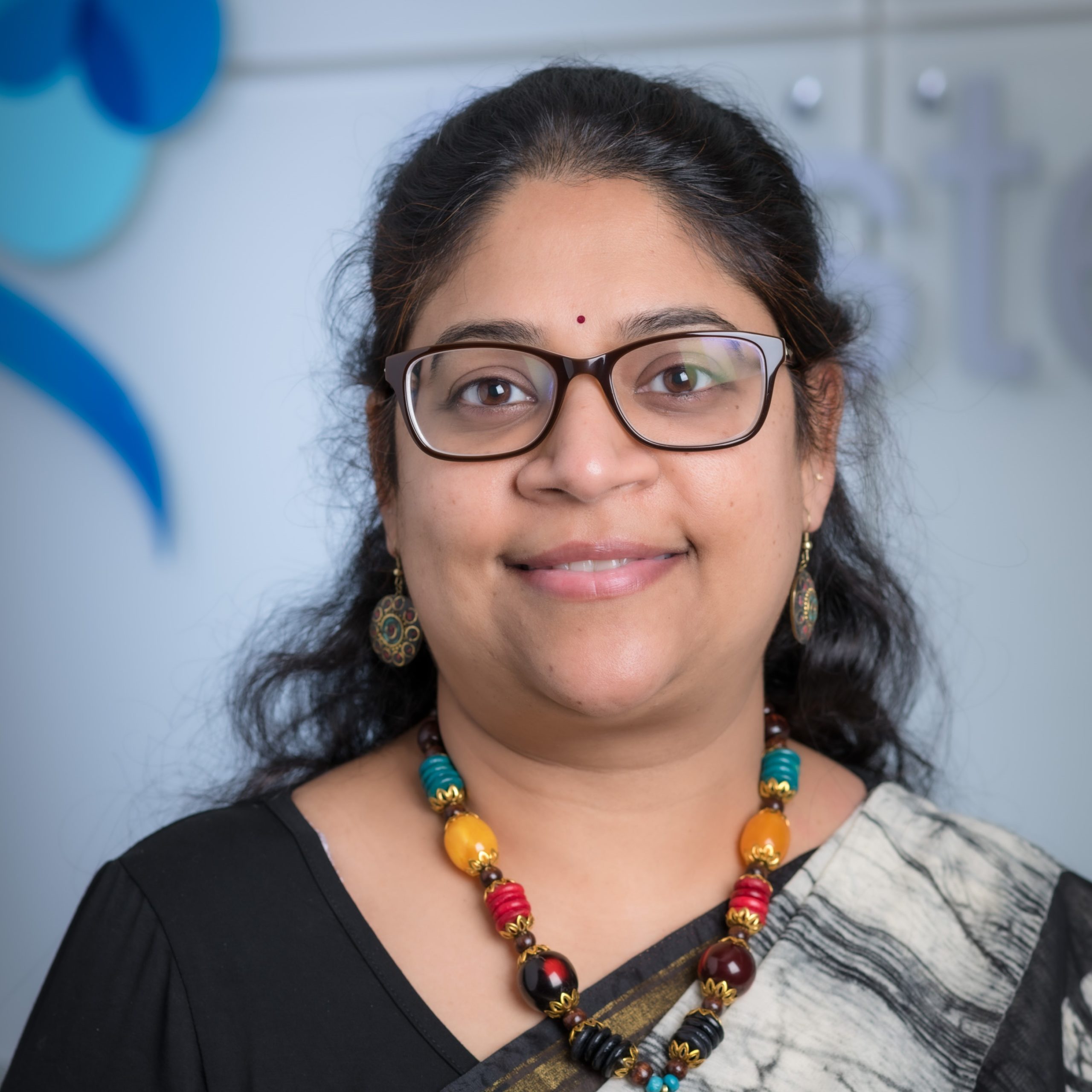Fellows Spotlight: Susmitha Wunnava

Research focus: Machine learning tools to predict medical device safety and efficacy
I’m a machine learning and natural language processing (NLP) scientist, and I recently joined the CRS Regulatory Science Fellowship Program to continue my research at the intersection of AI and healthcare while collaborating with and learning from world-class researchers and medical experts. My current work with Dr. Timothy Miller at Boston Children’s Hospital and Dr. Florence Bourgeois at CRS is focused on developing analytical tools to predict medical device safety and efficacy in pre- and post-market databases. This research would allow regulatory agencies like the FDA to proactively identify trends and safety signals, assess device performance, and analyze data-related workflows to improve the regulation of new and existing devices. After this fellowship, I would like to pursue a career as an academic AI researcher focusing on developing useful tools and techniques to solve real-world problems at the intersection of NLP/machine learning and healthcare. NLP for medical device adverse event information extraction is a nascent field, and there is significant potential for groundbreaking work in this area.
MORE ABOUT SUSMITHA:
1. Can you describe your background and where you came from before this fellowship?
I am a machine learning and natural language processing (NLP) researcher with an undergraduate degree in statistics from India, graduate degree in predictive analytics from Northwestern University and a PhD in data science from Worcester Polytechnic Institute (WPI). My dissertation work at WPI involved developing novel machine learning applications for drug safety monitoring and extracting adverse drug event information from Electronic Health Records.
2. Why did you choose to pursue this fellowship opportunity?
I am interested in extending my research work at the intersection of AI and Healthcare. This fellowship program gives me an opportunity to continue my research work while giving me a chance to collaborate with and learn from world-class researchers and medical experts.
3. What piqued your interest about reg sci?
As a researcher at the intersection of statistics, computer science and healthcare, regulatory science offers me an opportunity to tackle interesting projects and make an impact in both academic research and real-world applications.
4. What does your current research focus on, and who do you work with?
My current research is focused on developing analytical tools to predict medical device safety and effectiveness in pre- and post-market databases. This research would allow regulatory agencies like the FDA to analyze a range of medical device data to identify trends and safety signals, assess device performance across different device types, and analyze data-related workflows to inform process improvements in the future. I’m working with Dr. Timothy Miller at Boston Children’s Hospital and Dr. Florence Bourgeois at CRS.
5. What is your favorite thing about being part of the center?
I really appreciate the diversity of backgrounds in the center! In my short time here, I’ve had the opportunity to learn from experts in medicine, various aspects of machine learning, health informatics, and regulation.
6. Can you describe a challenge you have faced and what you learned from it?
For a data scientist, data is gold. However, in the healthcare domain, it is extremely challenging to get access to the curated medical data needed to build machine learning models. In pursuit of data, I entered a machine learning competition -- the “NLP challenge for detecting medication and adverse drug events from electronic health records (MADE1.0)” -- hoping to at least walk away with a clean dataset for further research. To my surprise, we ended up winning the competition, and the challenge was so interesting that it led me down a research path which ended up being the foundation of my dissertation. The main takeaway here was that, as a researcher, it always pays to venture into unknown territories and take up new challenges with an open mind.
7. Where do you plan to go next?
I would like to pursue a career as an academic AI researcher focusing on developing useful tools and techniques to solve real-world problems at the intersection of NLP/machine learning and healthcare. I want my work to make a positive impact in healthcare.
8. Is there anything else you want to share?
NLP for medical device adverse event information extraction is a nascent field and there is significant potential for groundbreaking work in this area. I’m particularly excited about a project Dr. Tim Miller, Dr. Florence Bourgeois, and I are working on, titled “From Drugs to Devices: What can NLP offer to support medical product safety surveillance?”. Stay tuned.

